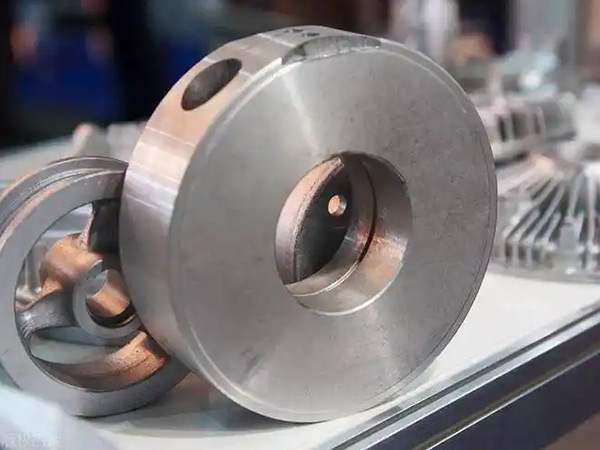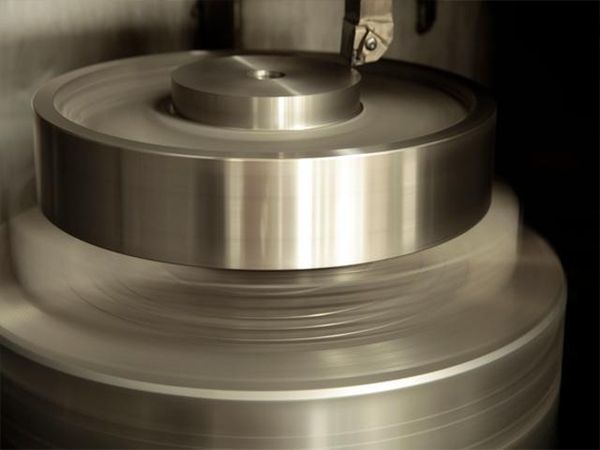In industries where high performance and reliability are essential, cast superalloy products play a crucial role. These advanced materials are designed to withstand extreme conditions, making them suitable for demanding engineering applications. This article explores how cast superalloys meet the challenges of complex engineering environments, ensuring durability, precision, and efficiency.

The Properties of Cast Superalloys
Cast superalloys are known for their exceptional mechanical strength, resistance to thermal degradation, and ability to perform under stress. Key characteristics include:
High-Temperature Stability: Maintains structural integrity in extreme heat.
Corrosion Resistance: Performs well in harsh chemical environments.
Mechanical Durability: Withstands high stress and fatigue over extended periods.
These properties make them ideal for industries such as aerospace, power generation, and industrial manufacturing.
Applications in Complex Engineering
1. Aerospace Components
Cast superalloys are used in turbine blades, engine components, and exhaust systems where high strength and heat resistance are critical. Their ability to maintain performance under thermal cycling ensures long-term reliability.
2. Power Generation Systems
In gas turbines and nuclear reactors, superalloys contribute to efficiency by resisting creep and oxidation at elevated temperatures. This helps extend the lifespan of critical components.
3. Industrial Manufacturing
For heavy machinery and chemical processing equipment, cast superalloys provide wear resistance and structural stability, reducing maintenance needs and downtime.
Advantages Over Alternative Materials
Compared to conventional alloys, cast superalloys offer:
Enhanced Performance: Better thermal and mechanical properties under stress.
Precision Casting Capabilities: Complex geometries can be achieved with minimal post-processing.
Longer Service Life: Reduced degradation leads to lower replacement costs.

Conclusion
Cast superalloy products are engineered to meet the rigorous demands of modern industrial applications. Their superior properties ensure reliable performance in high-stress, high-temperature environments, making them a preferred choice for complex engineering challenges. By leveraging advanced metallurgical techniques, these materials continue to support innovation across multiple industries.
For inquiries, welcome contact us:http://bc_en.afdcms.com/